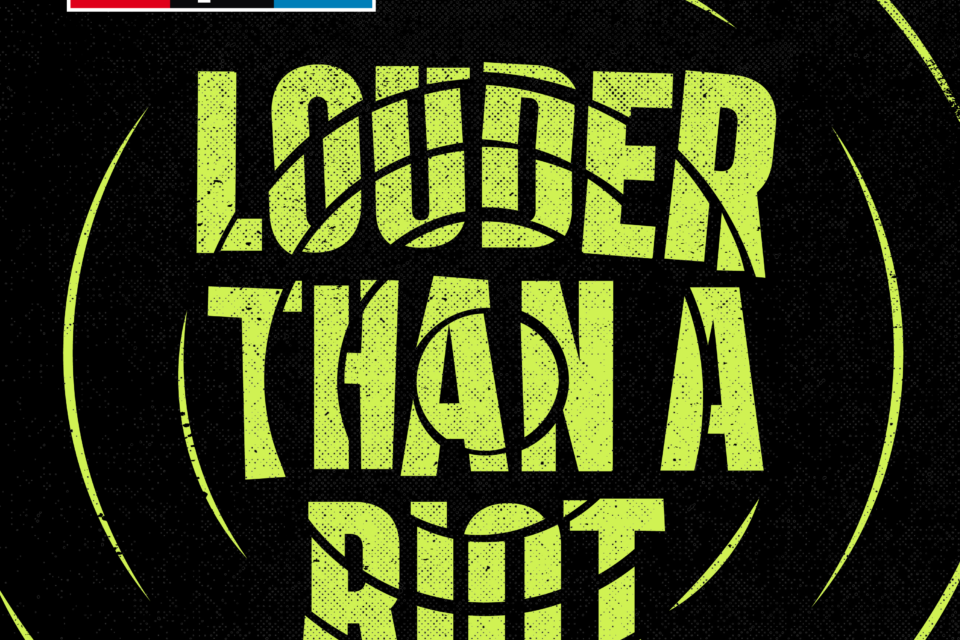When it comes to podcasts, we’re living in a time of surplus. The basic tools of the trade, if not access to distribution platforms with real reach, are so widely available that the podcasting landscape extends across DIY, rigorously reported, artfully literary and celebrity-centered extremes. The familiar forms are continually evolving, and new ones proliferating.
Early on in the pandemic, my number of solitary running miles went way up, and in direct proportion, so did my podcast listening. I binged countless true crime investigations, and plenty of series that demystified and contextualized current and historical events, including two very fine ones produced by WPLN, “Deadly Force” and now-Peabody-nominated “The Promise.” Often, I would sift through the available music podcast options too. I’ve appeared as a commentator or conversation partner on some of the chattier ones, like The New York Times “Popcast” and those steered by my NPR Music colleagues, “New Music Friday” and “All Songs Considered,” but that’s only the beginning of the variety of approaches to discussing music that exist out there.
In no particular order, here’s a sampling of eight very different music podcasts that I’ve found to be pretty great, a few of of which have strong Nashville ties.
Louder Than a Riot
This is, hands down, the most important, timely and thorough application of investigative reporting techniques to music-makers, scenes and industry players that I’ve heard to date. Rodney Carmichael and Sidney Madden dug into how and why hip-hop’s rise to cultural dominance and the mass incarceration of Black men were interconnected, giving sustained attention to Mac Phipps’ grievous journey through the criminal justice system and spelling out how tough-talking boasts in rap lyrics that aren’t intended to be taken literally have been used as evidence against their authors in court.
Cocaine & Rhinestones
As sole creator, researcher, editor and host, Tyler Mahan Coe has made his self-sufficient labor and independent thinking evident since he launched his podcast in 2017. He revels in correcting the canonical narratives of country music history, in tearing down and rebuilding mythologies; he’s cantankerous and exacting about it. Coe’s devoted his sprawling second season to George Jones, and just as I’d hoped, he’s impatient with the tendency to fixate on two aspects of Jones’ legend (his vocal instrument and drunken exploits), and intent on fleshing out, in telling detail, the world in which George Jones existed and how he actually moved through it.
Call & Response
Adia Victoria, keen-eyed poet, postmodern blueswoman and interrogator of southern gentility, added podcaster to her list of roles this year. Each episode of Call & Response is, indeed, a responsive exchange between Victoria and a Black artist peer, like Brittany Howard, Kamasi Washington or Jamila Woods. Victoria’s starting point is close listening to and deep identification with their work. What makes it riveting, to my ears, is that she brings a poet’s attentiveness to inquiring not only about their influences, but the treasured ingredients from which they’ve fashioned selves and artistic identities.
Wind of Change
This is a podcast that sets out to answer one central question: “Did the CIA write a power ballad that ended the Cold War?” The conceit is wryly ridiculous, and ridiculously entertaining, which I consider an ideal approach when it comes to revisiting the heyday of hair metal peacocking.
Hit Parade
Chart stats often get tossed around as though their significance is self-evident, but that’s hardly the case. I’m here to tell you that the expert analysis, interpretation and good-humored geekery of Chris Molanphy will help you better understanding the forces, trends and changing metrics truly at work behind pop hits.
Questlove Supreme
I’d been aware of this podcast for a good, long while by the time my colleague Mickey Parks recommended that I dive into the extended conversation with Mariah Carey. When I did, and then continued on to other episodes, I felt instant appreciation for the mellow flair that Questlove has for using his encyclopedic musical knowledge to talk to celebrities, and draw out their expertise.
Dolly Parton’s America
One of the umpteen news items related to Dolly Parton in 2020 was the revelation that she’d donated a big chunk of change to Vanderbilt University Medical Center’s COVID vaccine research, after getting to know physician Naji Abumrad. Another result of their friendship was that the doctor’s son, radio host Jad Abumrad–who’d somehow remained insulated from the pop cultural veneration of Parton throughout his life–got curious about why she’s claimed as a beloved icon across all manner of ideological divides and identities. His effort to wrap his head around the phenomenon inspired a podcast, and I was thrilled when the producers turned to two dear friends and colleagues of mine, Justin Hiltner and Nadine Hubbs, for their perspectives on the queer potential of Parton’s songs.
Black Girl Songbook
There’s pleasure and insight to be found in listening to highly knowledgeable journalist and critic, and former Vibe editor, Danyel Smith revisit her attachments to the music and career moves of Black women. Each episode unfurls like a conversational essay, delivered with comfortable, earned authority. When she takes up the topic of Sade, she doesn’t offer the expected take, but instead voices longstanding admiration for Sade’s professional ambition and the freedom she attained for herself by creating a coolly alluring persona to exist behind.

